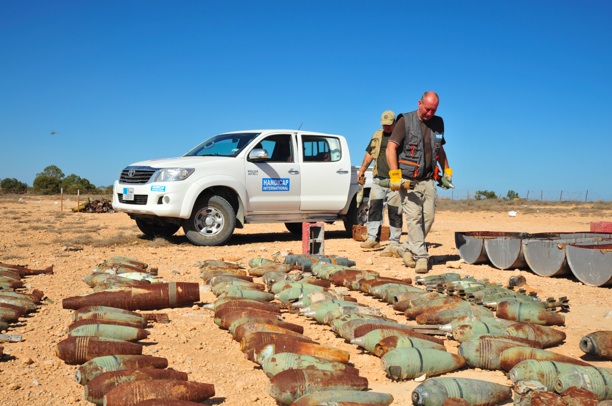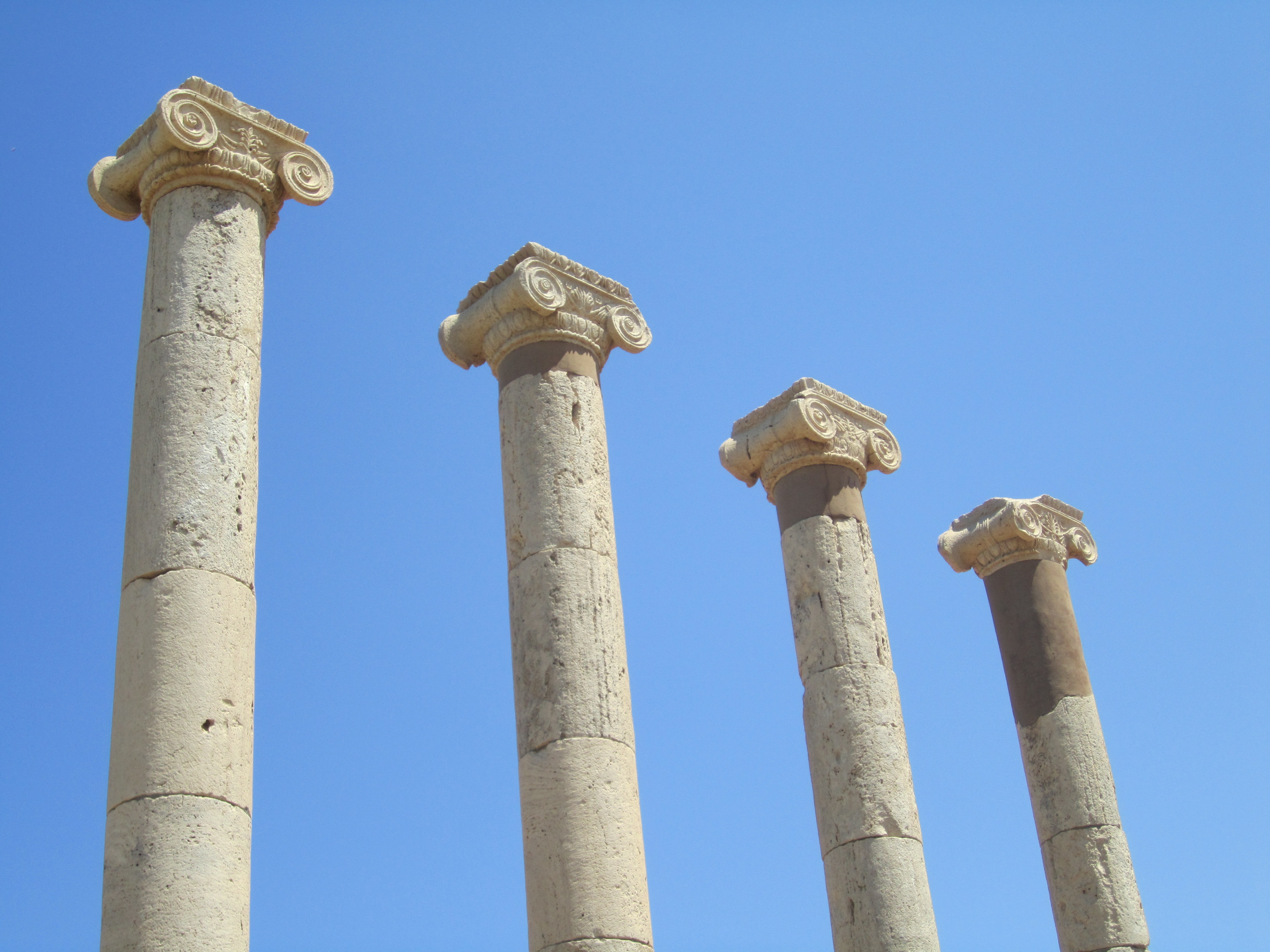Ashraf Abdul-Wahab.
Tripoli, 9 August 2013:
Yet another member of the armed forces has been murdered. Colonel Abdul-Wahab Mohammed Abdussalam Al-Lafi, a member . . .[restrict]of General Staff has died after being shot on Wednesday as he was returning to his home in Tripoli’s Jama Attughar district.
According to a statement from the General Staff, he was taken to the Ali Omar Askar hospital in Assabea but died there.
There has been a spate of assassinations and attempted assassinations in the past month, many of them security officials who worked under the Qaddafi regime, but not all. Political figures have been targeted as well, most notably political activist Abdulsalam Musmari, murdered on 26 July. Most have been in Benghazi and eastern Libya, although five days ago the General Staff reported an attempt to assassinate the former interim Chief of Staff, Brigadier Salem Gnaidi.
Three days ago a car bomb exploded in Benghazi killing of its driver, a civilian. It is thought that this was a case of mistaken identity and that the real target was a security official.
A week ago, the Commander of Sebha Security Support Forces, Colonel Fawzi El-Ujali, was killed in the city when a bomb attached to his car blew up.
July was one of the bloodiest months since the end of the revolution for both Benghazi and Derna.
In Benghazi on 4 July, an attempt on the life of former Qaddafi air force officer Colonel Hamed Al-Hassi, who now heads the military wing of the self-proclaimed Cyrenaica Transitional Council, killed two men, although Al-Hassi survived.
Four days later, an another former Qaddari-era security official, Colonel Fawzi Al-Burki was killed when his car was blown up.
On 19 July, gunmen attempted to murder the head of the Libyan Observatory for Human Rights in the eastern region, Nasser Soualem.
A week later, on the same day that Musmari was assassinated, two colonels were also murdered in separate incidents: Colonel Khatab Younis Al-Zway, the head of the city’s Shekhra area police station, and Colonel Salam Al-Sarrah, a retired senior air force officer.
Four days after that, on July 30, Ahmed Farraj Al-Barnawi, who commanded the Benghazi Protection Force, was killed when a bomb attached to his car exploded outside his house in Benghazi.
The next day there was an attempt to assassinate retired Colonel Mubarak Mohammed Al-Obeidi. The attack on him resulted in him having his leg amputated.
In Derna, on 15 July, a day after a tourist project in the town had been bombed, a Captain Fathi Alamami was murdered. Less than a week later, a retired colonel, Abdullateef Emdawi Al-Dali Almzeni, was gunned down. And at the end of the month, the commander of the Libya Shield battalion in the town, Colonel Adnan Nuwaisiri, was also assassinated there.
According to Human Rights Watch, which is trying to keep a tally of the killings, at least 51 people have died in the recent murderous attacks in Benghazi and Derna – and the figure does not appear to include those killed this month. The victims include two judges and “at least 44 serving members of the security forces, most of whom had held positions in Gaddafi’s government” says a HRW report issued this week. “At least six were high-ranking officers under Qaddafi.”
HRW has strongly criticised the authorities for not arresting anyone. “What started as assassinations of members of the police, internal security apparatus, and military intelligence has been further aggravated by the killing of judges and a political activist,” said Joe Stork, HRW’s deputy Middle East and North Africa director.
“The failure to hold anyone accountable highlights the government’s failure to build a functioning justice system.” [/restrict]








